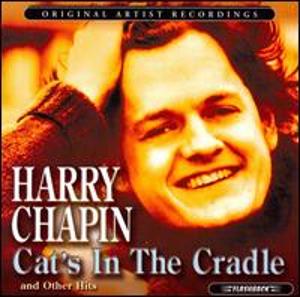There’s a funny thing about age in business. It swings quickly between being your greatest asset and seemingly overnight, a major liability. It’s a factor on all sides of the table. Despite the lesson that we learned in Kindergarten about “not judging a book by its cover,” we all do it. Age impacts fundraising, business development, sales, hiring and more.
Spring 1999
The moment I walked into the room of blue blazer clad venture capitalists, I felt like such a kid. I was at least 15 years younger than the youngest guy in the room. I just graduated from college and had no real business experience. Fortunately for me and my other 22-year old Handshake.com co-founders, it was the beginning of the dot com era. It was a moment in the venture ecosystem when youth was a huge advantage (like today). The mantra was “new (read as: young) industry” is disrupting “old industry.” The younger, the better. I could get meetings with senior execs of many public companies. We secured $3 million in funding within a few weeks of presenting our business. Youth had its advantages. That was, until the bottom fell out of the market in the fall of 2000. Then youth, mine included, turned into a major liability.
Fall 2003
Eric Paley and I were fundraising for Brontes Technologies. We were rejected more than 30 times by VCs. We were often branded as “freshly minted MBAs,” (not a compliment) and we didn’t look the part of your typical Boston med-tech founding team. Neither of us had gray hair nor were we career dental industry executives. One VC asked us, “Which one of you went to dental school?” Our age was totally working against us. We later brought another founder aboard, an experienced tech CTO who, incidentally, had grey, thinning hair. Sure enough, we closed the Series A.
Spring 2011
When I first started fundraising with my co-founders for Sample6, I thought I would be viewed as perfectly ripened. I was mid-30s and had a company “exit” behind me. I later realized that the perspective really depended on who I was talking to. Some VCs perceived entrepreneurs to be in their primes when in their mid-20s, like professional athletes, others prefer older founders. And with the upswing in IT investing (as opposed to med-tech), youth was particularly valued. Had I become a washed-up entrepreneur?
Today
I always thought I’d switch over to the venture side sometime in my 40s. It seemed like an older person’s game. That was until a trusted mentor of mine confessed, “Venture is a young man’s game, just like the start-ups we invest in.” That was all I needed to hear. Everything requires hustle in the end. So, at 37, I became a VC.
As a VC, I hear pitches almost every day. I would say the majority of the founders that pitch me are younger than me, though, there’s quite a bit of variability. When I feel the need to put a founder at ease, I make a joke about my age (I find self-effacing humor to be disarming). I often think about founder-business fit when evaluating an opportunity. So, if someone is in their 40s or 50s and talking about their idea for a social networking or dating app, I am negatively biased. Not sure that it’s the right bias, but it exists.
My advice is that one should be self-aware of how they come off in the room. Are you noticeably older/younger than the others? Either way the old adage is true – if you can’t hide it, flaunt it. Make a joke about it and get everyone to look past age and focus on substance and not, in my case, the dwindling number of hairs on your head.
